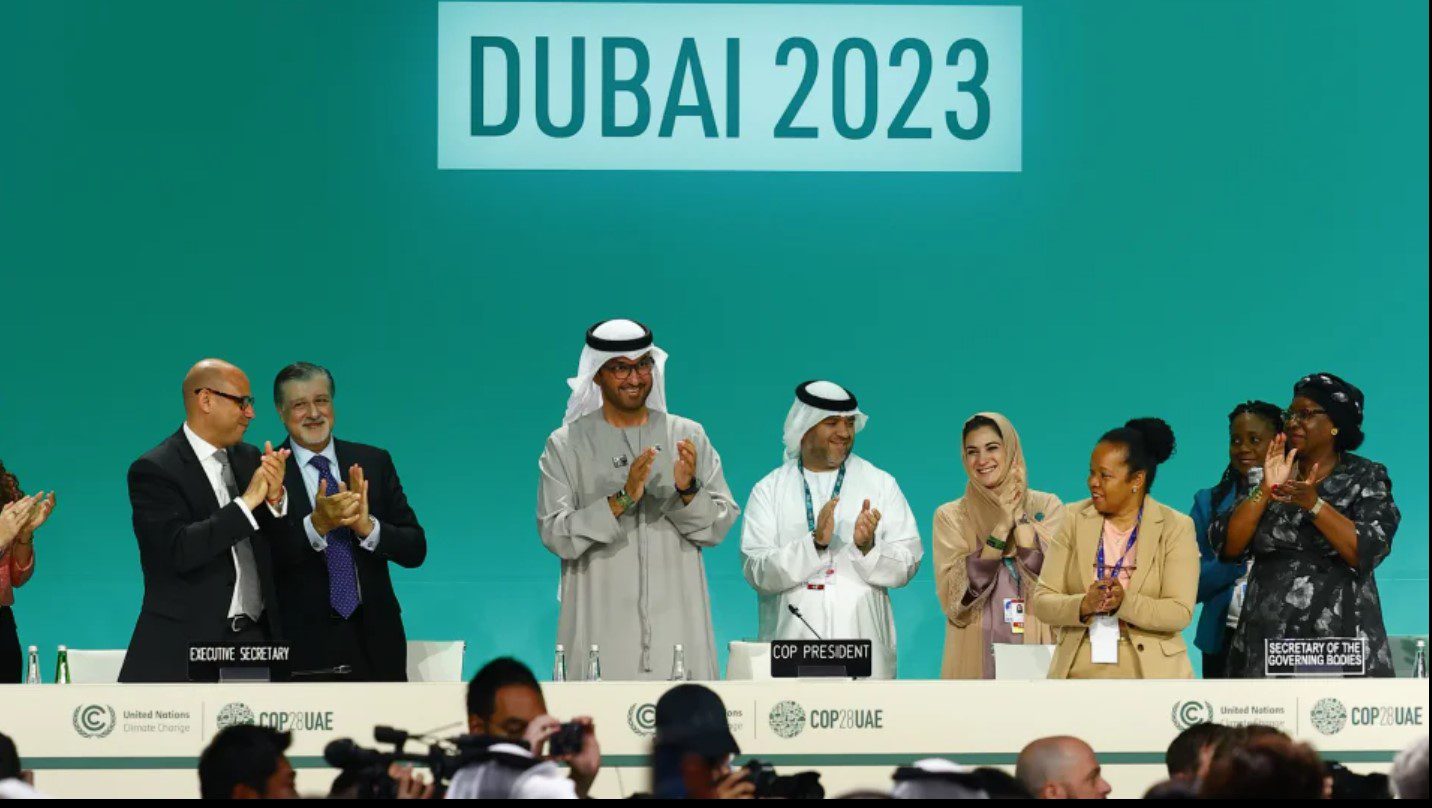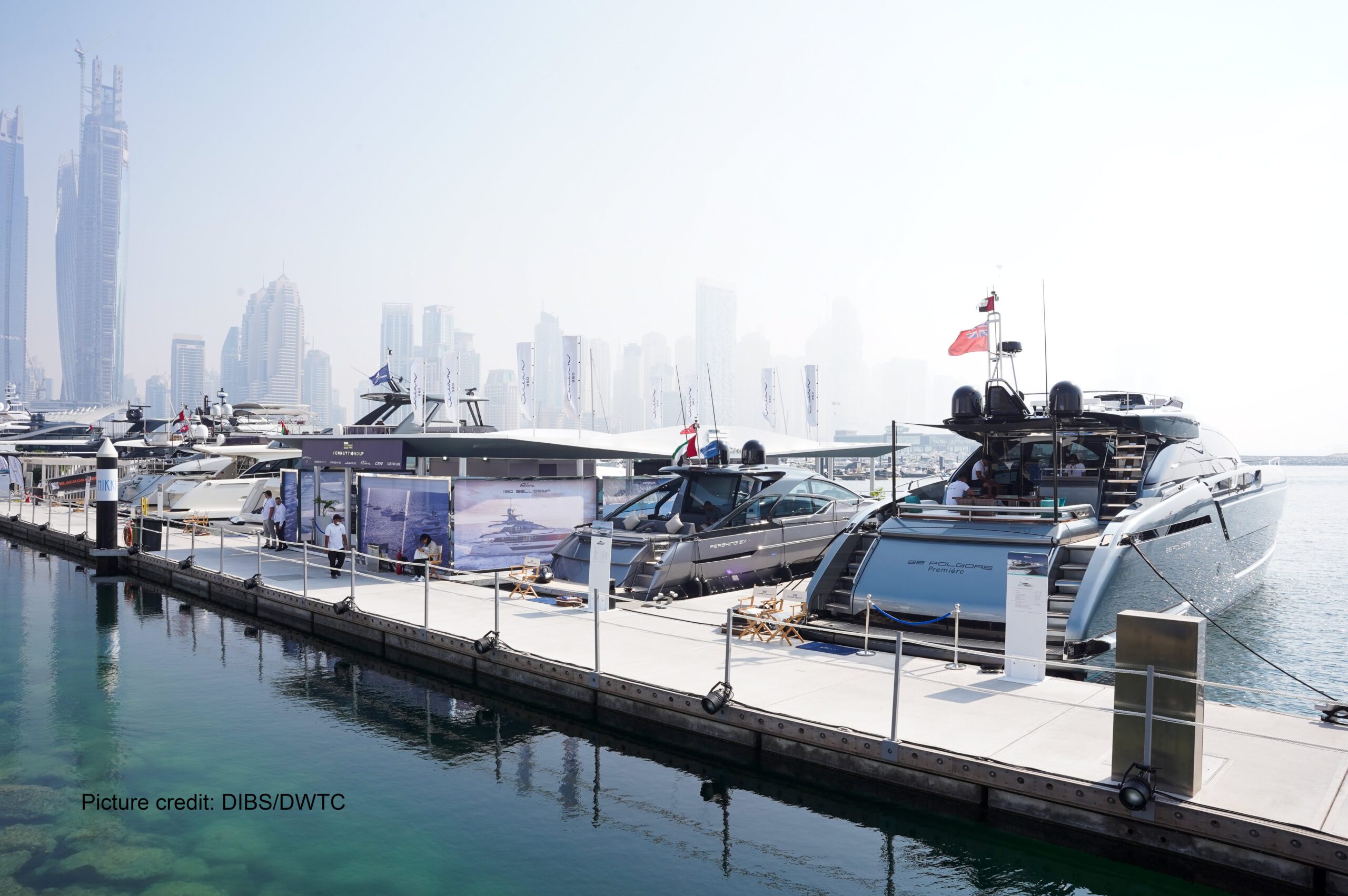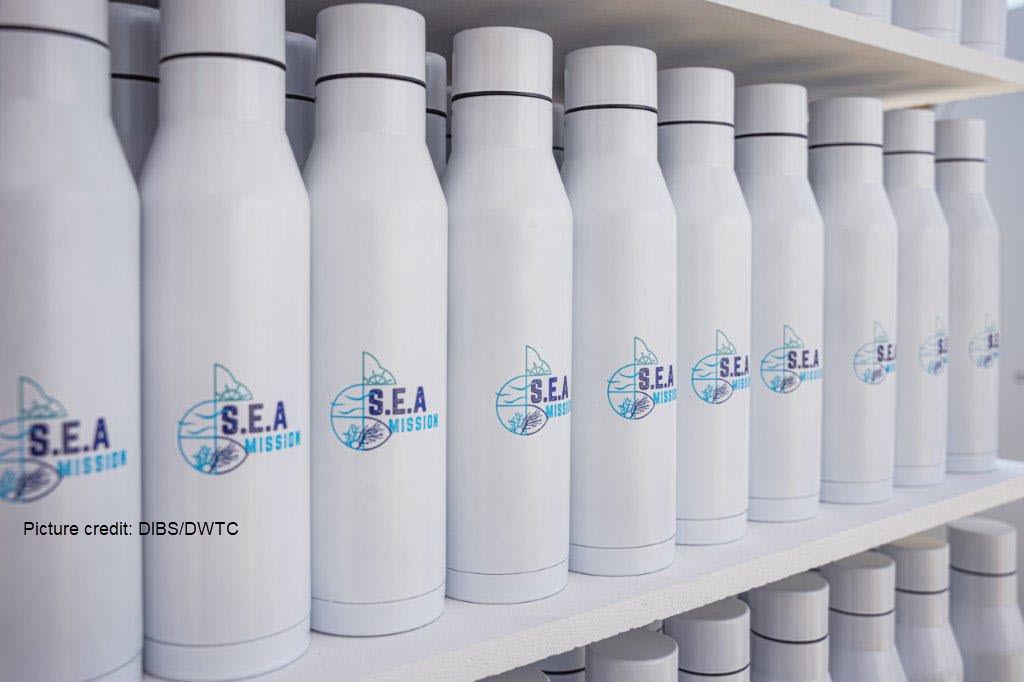The 2023 United Nations Climate Change Conference – known as COP28 – was one of the most important international conferences of 2023, particularly in the maritime industry. Taking place in Dubai in November/December 2023, this summit was a watershed moment, signifying the sector’s dedication to ecological sustainability.
Its outcomes, which we will explore in depth across this article, signal a shift in the industry’s approach, aligning with the growing global emphasis on environmental stewardship. The conference’s discussions and resolutions offer a roadmap for the maritime sector’s sustainable evolution. This blog post delves into the significant strides made in the maritime industry towards sustainability, as highlighted at COP28. It covers pivotal conferences, key policy discussions, and the industry’s evolving approach to sustainable practices, including insights from leading organisations within the industry.
The Future Of Shipping
One of the highlights at COP28 this year was the Future Of Shipping Conference. As reported by the International Chamber Of Shipping, the event brought to the fore the maritime industry’s crucial role in global commerce and energy distribution. Recognising that the maritime sector facilitates over 80% of international trade, the conference underscored the imperative for sustainable transformation. Key discussions focused on pioneering a low-carbon future, emphasising the industry’s capacity to spearhead sustainable practices. Central to the discourse were technological innovations and collaborative initiatives, essential for propelling the sector towards ecological responsibility.
Why Sustainability Still Matters
COP28 proves the industry’s commitment to sustainability. As we head into 2024, it is essential to make the most of platforms like COP28 and DIBS to highlight certain issues in the maritime industry and to present actionable solutions. This progression indicates a move from awareness to the active implementation of a range of sustainable strategies, including enhanced fuel efficiency and effective waste management. These efforts are not only environmentally beneficial but also economically viable. The development of alternative fuel sources and energy-efficient vessel designs offers cost-effective solutions while reducing the industry’s environmental footprint. The role of international collaborations and policy frameworks in facilitating these advancements was a prominent topic at COP28, demonstrating the need for collective efforts to drive sustainable change in maritime operations.
According to Maersk, furthering this sustainable transition involves critical regulatory changes, particularly the cessation of building fossil fuel-only vessels and the advancement towards green fuels. This approach is integral to meeting the International Maritime Organisation’s GHG reduction targets for 2030, 2040, and 2050, considering the maritime sector’s notable contribution to global GHG emissions. Maersk’s advocacy for regulatory cornerstones – an end date for fossil fuel-only vessels, a GHG pricing mechanism to promote green fuel, a vessel pooling option for GHG compliance, and a Well-to-Wake GHG regulatory framework – is pivotal. These measures are designed to expedite the industry’s decarbonisation and ensure a sustainable future for shipping.
Explore More At DIBS 2024
Sustainability is more than just a passing trend in the maritime industry. As demonstrated by COP28 and some of the topics discussed at the event, there is still a lot of room for the industry to grow and adopt sustainable practices in a way that is efficient, realistic, and financially feasible. The integration of sustainable practices into the maritime sector not only addresses environmental concerns but also ensures long-term economic stability and growth.
DIBS 2024 presents an invaluable opportunity for industry stakeholders to converge, share insights, and explore the latest sustainable technologies and strategies. We invite exhibitors to register for the event to be part of this vital dialogue and contribute to the industry’s sustainable future.
